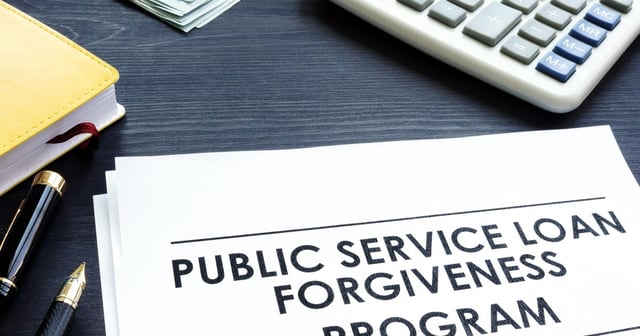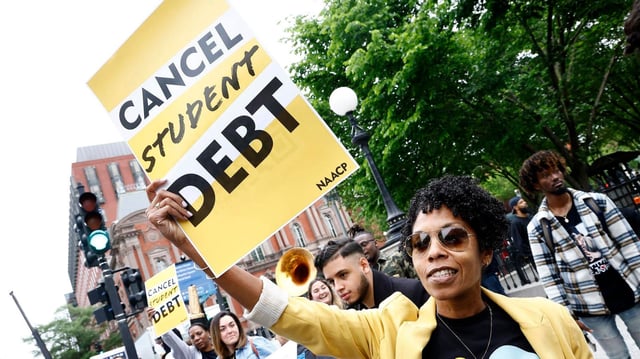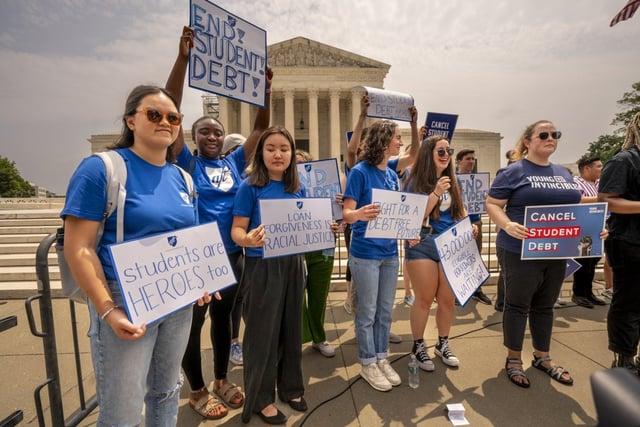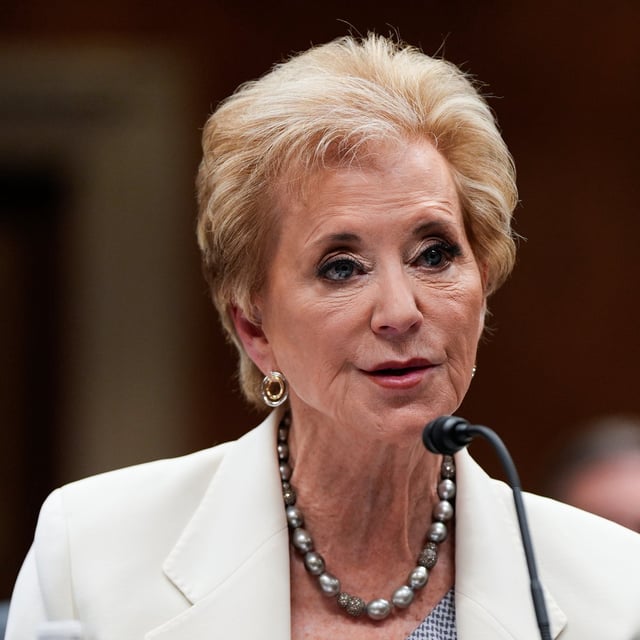Overview
- The draft rule would deny Public Service Loan Forgiveness credit to workers whose employers are found to have a “substantial illegal purpose.”
- Examples in the proposal include violations of immigration law, supporting terrorism, certain gender‑affirming medical care described in the rule, and breaches of federal anti‑discrimination laws.
- If finalized, the change would not be retroactive, preserving PSLF credit earned before July 1, 2026, and employees could maintain eligibility by moving to a qualifying employer.
- The education secretary could bar an employer for up to 10 years or until corrective action under a preponderance‑of‑the‑evidence standard, with notice to employers and an opportunity to respond.
- Unions, advocates and higher‑education groups warn the language is vague, could politicize eligibility for government and nonprofits, may affect sanctuary jurisdictions, and is expected to draw legal challenges; the department projects about $1.5 billion in savings.



